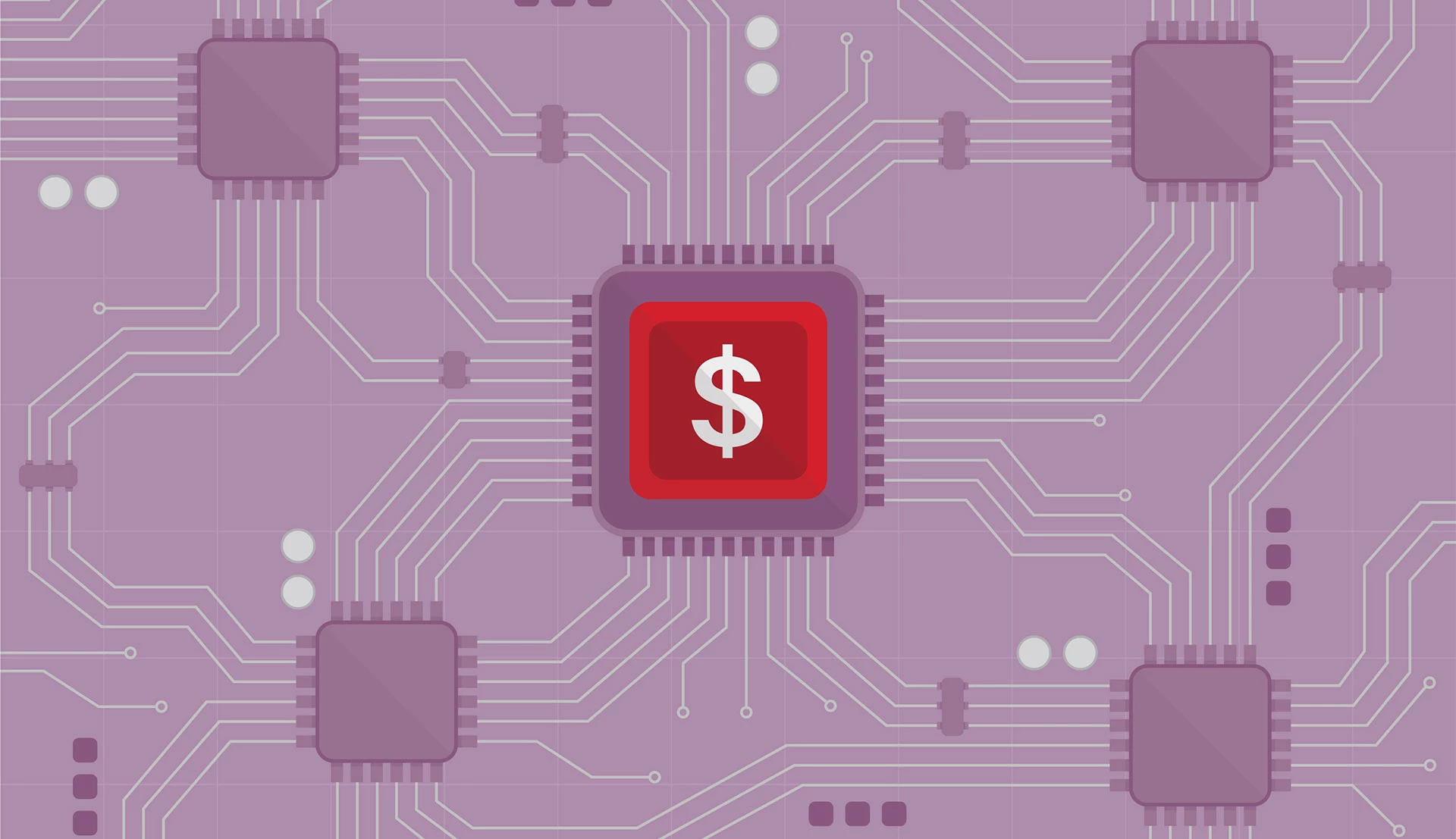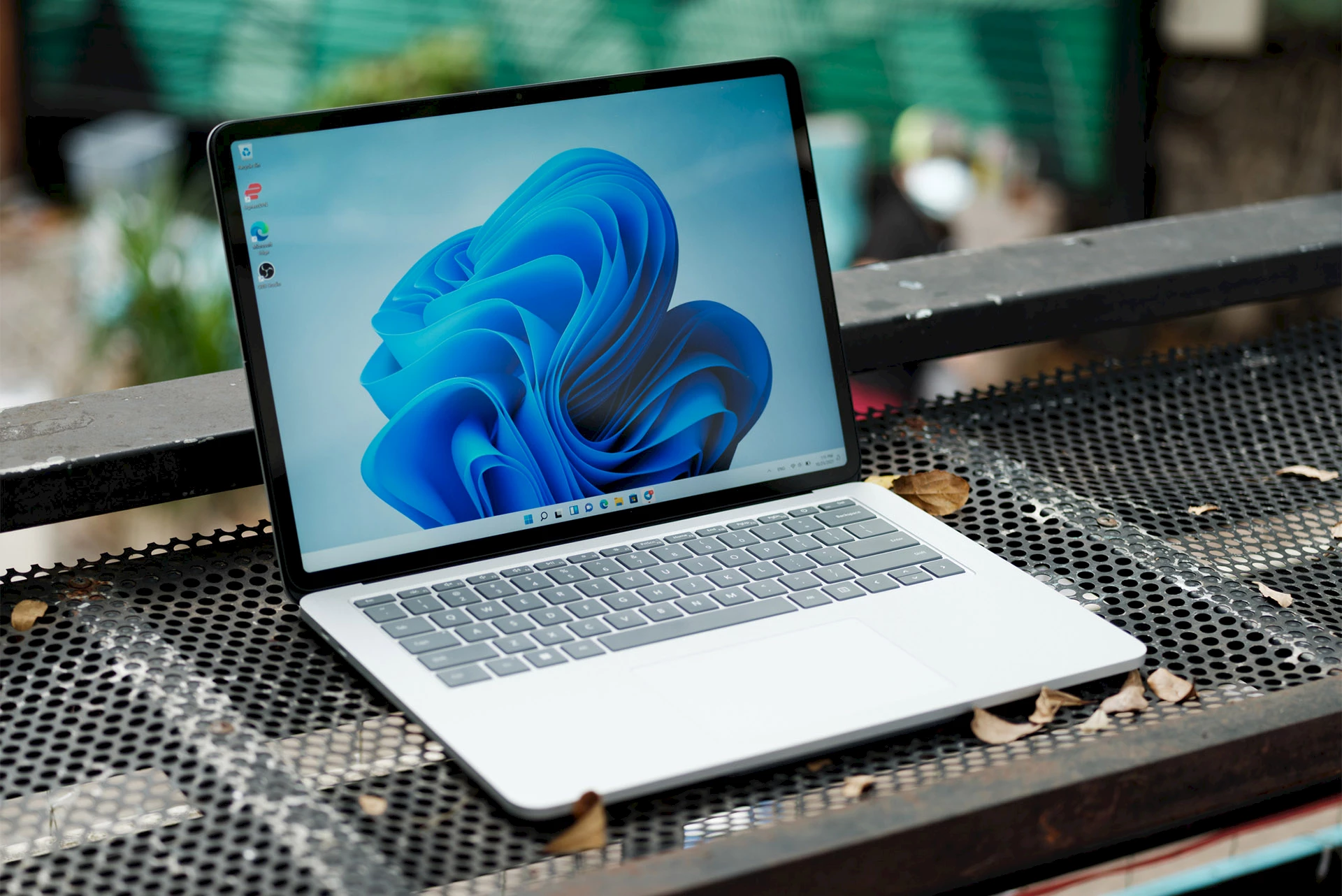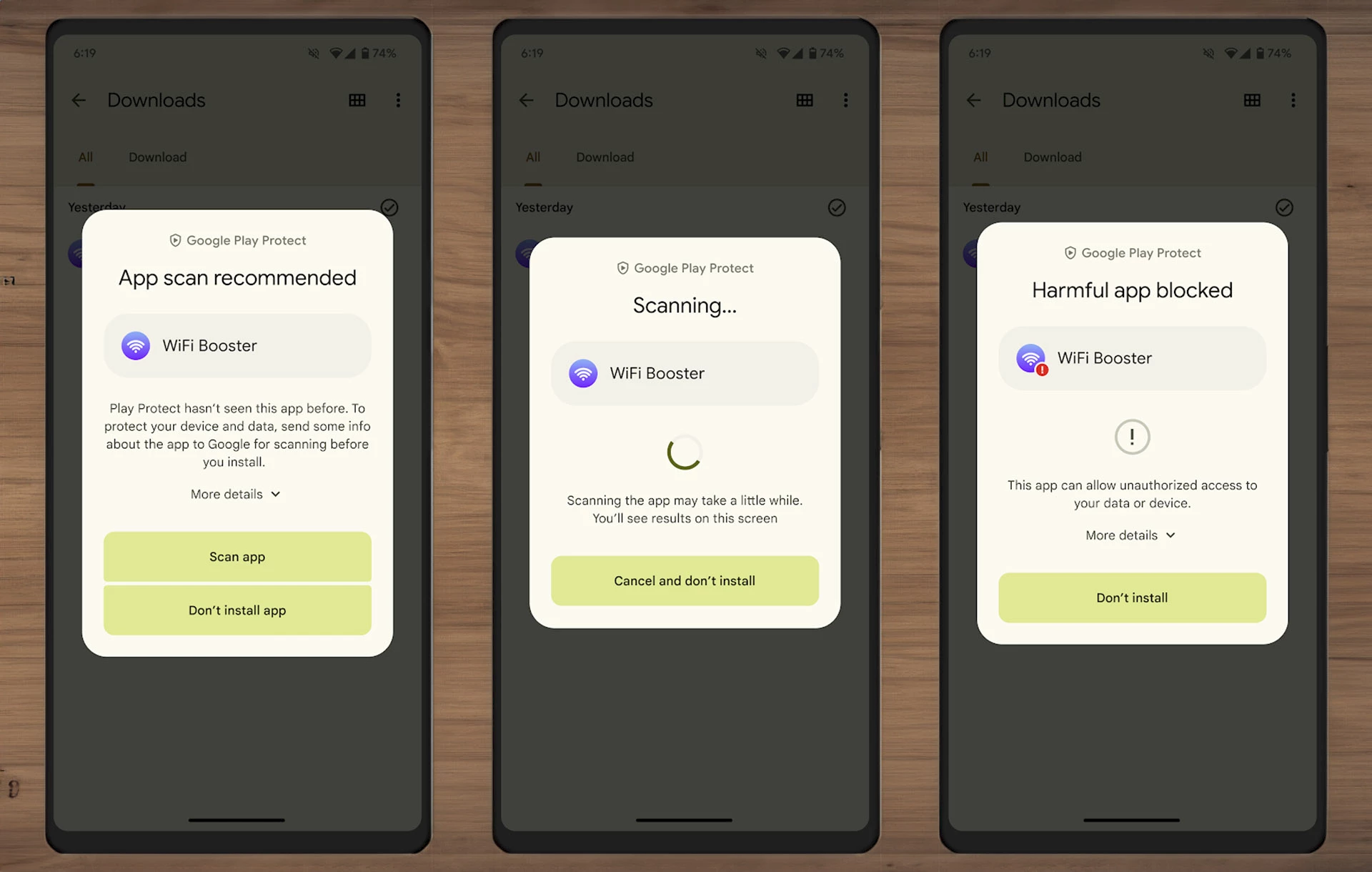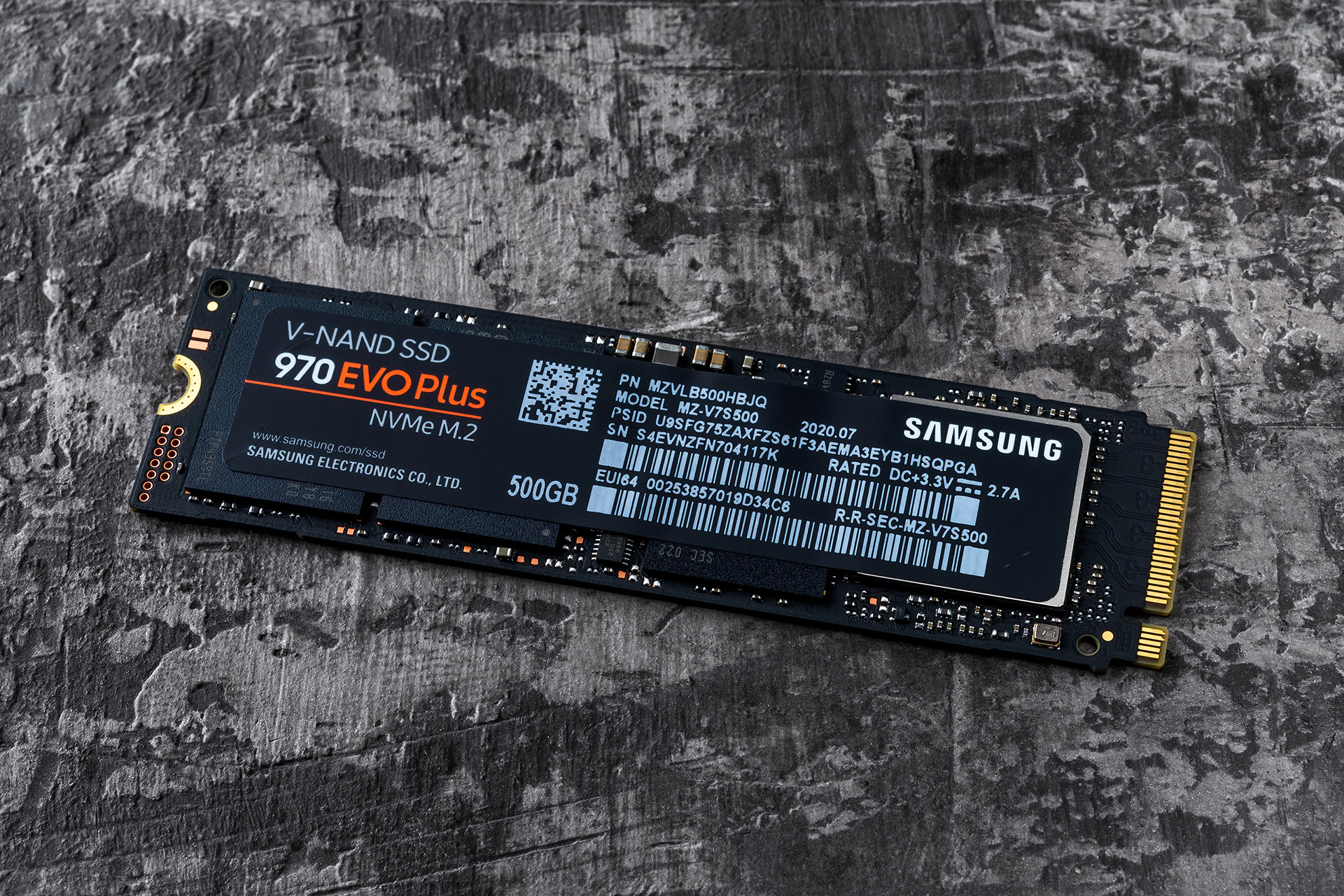Spiria Tech Recap - № 381 - AI profitability, Win 11 on half a billion devices, Snapdragon Series X, etc.

AI has yet to write its business model

© iStock.
Large tech companies such as Microsoft and Google are investing heavily in AI-based tools, but the revenue model still escapes them. Generative AI models require lots of power, which is an expensive proposition: computing power and powerful servers with high-end, energy-consuming chips. The Wall Street Journal cites services such as Microsoft’s GitHub Copilot coding assist as an example, which is incurring large financial losses. Though GitHub has attracted more than 1.5 million users who each pay a 10 USD monthly subscription, the actual average cost per user exceeds 20 USD monthly. This service alone burns a 15 million USD hole through Microsoft’s pockets each month.
Clearly, there’s no return on investment on the horizon yet for most of these services. Their profitability depends on finding a way to lower operating costs, by leveraging advances in hardware and opting for better LLMs, as some are less resource-intensive than others. Microsoft, for example, uses GPT-4, OpenAI’s most complex model, for many of its AI functionalities. The WSJ quips that using this model for simple tasks such as summarizing an e-mail is akin to “getting a Lamborghini to deliver a pizza.” The most powerful AI models in the service of basic business functions might be overkill.
⇨ Ars Technica, Benj Edwards, “So far, AI hasn’t been profitable for Big Tech.”
2023-10-10
400 million Windows 11 devices can’t be wrong

Surface Laptop Studio. © iStock.
Windows 11, which was released two years ago, currently runs on more than 400 million active devices each month, according to data obtained by Windows Central. That number should rise to 500 million active devices by early 2024. As impressive as those numbers are, it’s a slower adoption rate than that of Windows 10, which reached that record just one year after its release. Not only was that adoption rate 115% faster than that of Windows 7, according to Microsoft, but several months after its second anniversary, it climbed past 600 million devices.
Several factors explain the slower pace. When Windows 10 was launched, the upgrade was free for all Windows 8.1 and for most Windows 7 PCs. The company stated that the free upgrade would only last one year, which probably prompted users to make the leap sooner. Furthermore, the stringent hardware requirements, such as the availability of a TPM (Trusted Platform Module) chip, means that many PCs are not equipped to install Windows 11. The figures on the Steam game platform estimate the Windows 11 market share at 39%, while Windows 10 maintains its 60% market share.
⇨ Windows Central, Zac Bowden, “Exclusive: Windows 11 is active on almost half a billion devices, ahead of Microsoft’s expectations.”
2023-10-17
Tougher Android protection against malware

Google Play Protect. © Google.
Google Play Protect, which is Google Play’s malware system, has been able to spot malicious software in side-loaded applications that are out of bounds of the Google Play Store. To do this, it used rapid-fire techniques in the background such as definition files. The new and much more efficient technique is also more intrusive. The scan’s full-screen analysis interface will delay the installation of your application while you patiently wait for Google to do a real-time, in-depth inspection of the code on its own systems. Once it’s complete, users get a report indicating whether the application is safe to install or whether the scan determined that it could be too risky. This analysis will only launch on installation of applications that have never been previously evaluated, which will help detect potential threats. According to Google, this enhancement to Google Play Protect is already active on all Android devices equipped with Google Play services in some countries such as India, and will roll out elsewhere in the world in the months to come.
⇨ Ars Technica, Ron Amadeo, “Android will now scan sideloaded apps for malware at install time.”
2023-10-18
Window 11 Pro’s encryption may gum up your SSD

Samsung SSD 970 EVO Plus NVMe. © iStock.
Windows’ BitLocker technology protects your data from unauthorized access by encrypting your drive and requiring one or more authentication factors to unlock it. Unfortunately, various tests run by Tom’s Hardware reveal that these encryption and decryption operations reduce the performance of your SSD on Windows 11 Pro by up to 45%, which is frustrating when you’re looking to get the most out of your hardware’s power. This is because Windows 11 Pro automatically activates the software version of BitLocker during installation, without providing an easy way to deactivate it. This despite the fact that many SSDs are equipped with hardware encryption that does this directly on the drive, and much more efficiently besides. If you’re sitting on a recently purchased Windows 11 Pro PC, there’s a good chance that the BitLocker software is activated as you read this.
The link to the article below will show you how to check whether the software encryption is activated. And sorry to say, but if you want to deactivate the software encryption in favor of the one that’s built into your SSD, you’ll need to completely reinstall Windows and all your applications. Or you can abandon all thought of encrypting your SSD, but that’s probably neither wise nor safe. Sometimes security is better than performance.
⇨ Tom’s Hardware, Jarred Walton, “Tested: Windows 11 Pro’s On-By-Default Encryption Slows SSDs Up to 45%.”
2023-10-19
Qualcomm’s new Snapdragon X processor

© Qualcomm.
Snapdragon X is the name of the long-awaited new generation of ARM processors for PC. Qualcomm says the X moniker will henceforth set the PC platforms apart from the other Snapdragon product categories, mainly the chips used with mobile devices. While Qualcomm has been making PC chips for years, such as the Snapdragon 8cx Gen 3 installed on Surface devices, these chips are no match for Intel’s Core or AMD’s Ryzen processors. Snapdragon X, delivering next year, will change all that, as it is the first wave of chips produced using technology by Nuvia, a company started by former members of Apple’s chip design team and acquired by Qualcomm in 2021.
The most significant change is based on a new CPU architecture called Oryon, which replaces the Kryo cores and promises “new levels of performance.” Aside from that, the Snapdragon X will include GPU cores of course, and an AI-accelerating neural processing unit (NPU). It will most likely continue to feature a 5G modem. More details about the technology and the new processor’s performance to be revealed at the Snapdragon Summit taking place October 24 to 26.
⇨ Ars Technica, Andrew Cunningham, “Qualcomm will try to have its Apple Silicon moment in PCs with ‘Snapdragon X’.”
2023-10-11
